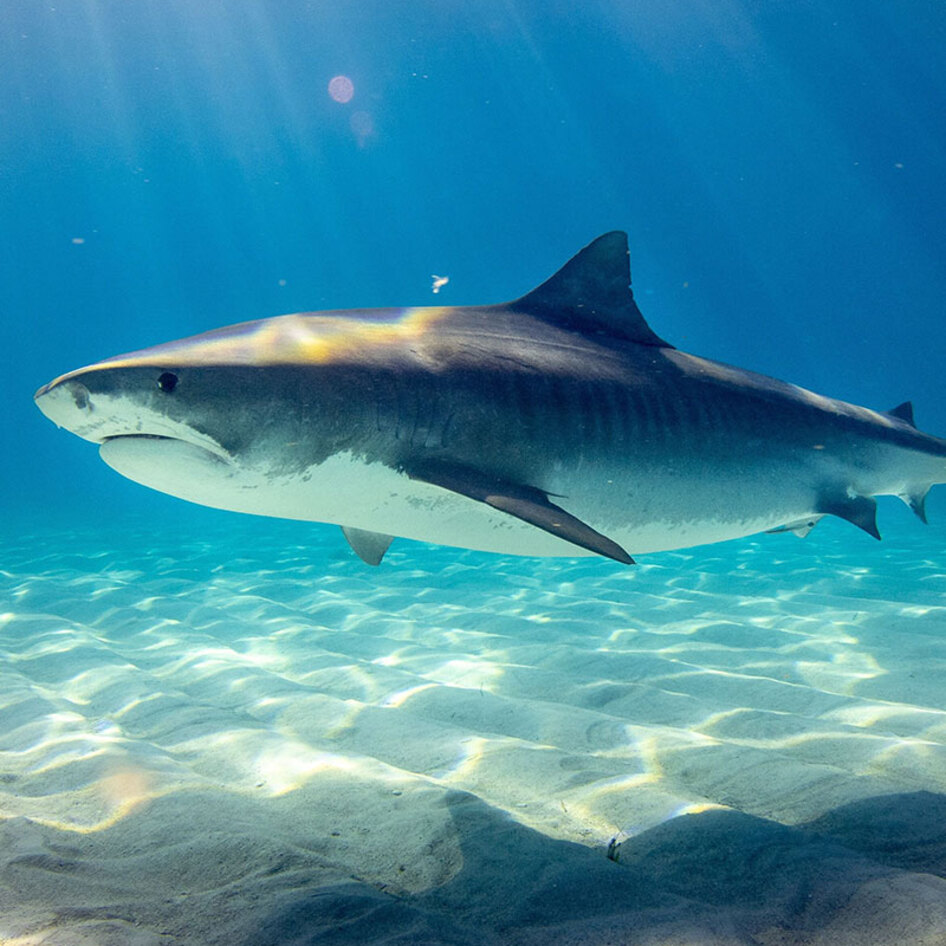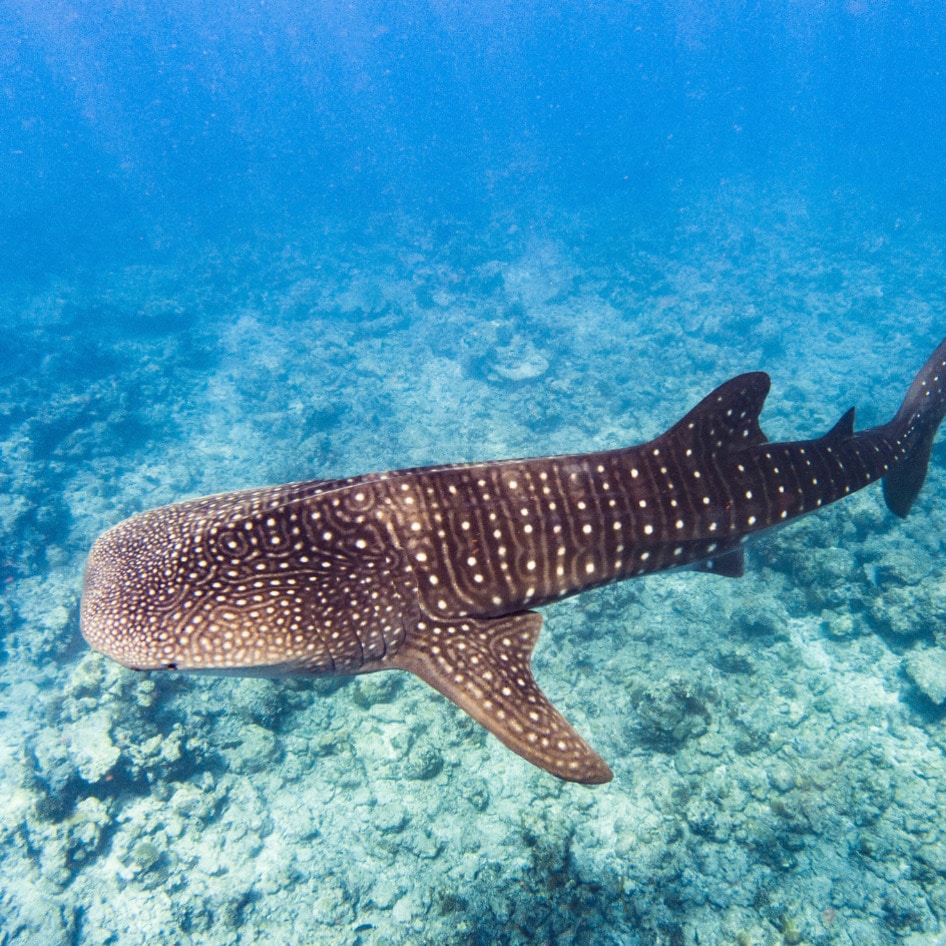The United States is currently in the midst of its longest government shutdown in history. As of January 17, 2019, the government has been partially shut down for 26 days (a more up-to-date countdown clock can be found here). While this political bootstrapping measure is causing a great deal of stress upon many federal workers and their families, its effect on wildlife is being largely ignored. National Parks and animal habitats are collecting trash, basic environmental regulations have gone unenforced, and endangered species research projects have been temporarily abandoned as furloughed government workers wait to be called back to work.
Littering and illegal activity
The National Park Service employs thousands of personnel who are responsible for overseeing wildlife and environmental protection regulations. Since the shutdown began, around 30,000 park rangers have been without a job and pay, and yet approximately two-thirds of the nation’s park sites have remained open to the public. With little to no staff onsite, significant lapses in these crucial enforcement roles have resulted.
“The consequences of keeping many of our National Parks open and yet unstaffed are truly heartbreaking,” said Angela Grimes, Acting CEO for Born Free USA, a global leader in animal welfare and wildlife conservation. “Without staff on hand, not only is human safety compromised—with fatal results—we are also hearing reports of illegal activity: vandalism, off-road vehicle use, illegal camping, and flying drone use. These activities, as well as the rampant litter and human waste, severely threaten and stress our native plants, wildlife, and habitats.”
In California’s Joshua Tree National Park, several damages have been reported. Trees are being cut down, rocks are being vandalized with toxic spray paint, and large trash piles continue to amass in this home to wildlife. Similar damage is occurring throughout the country’s national parks.
As major federal agencies such as the U.S. Department of Agriculture’s Animal and Plant Health Inspection Service, US Fish and Wildlife Service, US Geological Survey and the National Park Service are all put on hold, there are none to uphold basic environmental laws. The long-term consequences of these agencies being closed could lead to the outbreak of diseases, animal population control, and the loss of several endangered species.
Pivotal species studies put on hold
Along with its damaging effects on the homes of wildlife, the shutdown is impacting a number of scientific research projects, including the longest continuous water quality study in a US national park, which has monitored streams in the Shenandoah National Park watershed since 1979. A 60-year study of wolves and moose at Isle Royale National Park has also been put on hiatus.
“In order to effectively manage and conserve our natural resources, we have always relied on science and science-based decision-making, but this shutdown has interrupted that process, and the effects will be felt long after it has reopened,” Grimes said. “Important ongoing research and scientific studies have stalled, and important data is being irrevocably missed. These government-backed studies are vital for everything from saving endangered species—like the iconic gray wolf—to keeping our air and water clean, to sustainably managing our oceans and fisheries.”
The Park Service is losing an estimated $400,000 per day just on entrance fee revenue. Even when these federal employees return to work, this dramatic loss of funds will continue to be a financial strain on park services, taking more than just the shutdown to restore full enforcement and resume crucial wildlife studies. While the decision to end the shutdown lies upon our political leaders, civilians can do their part to protect the country’s wildlife by being stewards of the planet and obeying all environmental regulations. Humans can still enjoy these gorgeous parks, but only by paying respect to the animals that call them home.
Jarone Ashkenazi is a freelance writer who covers travel, food, and luxury items.
JUMP TO ... Latest News | Recipes | Guides | Health | Subscribe
Photo courtesy of Born Free USA







